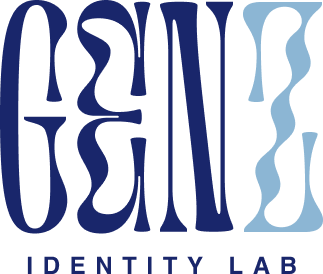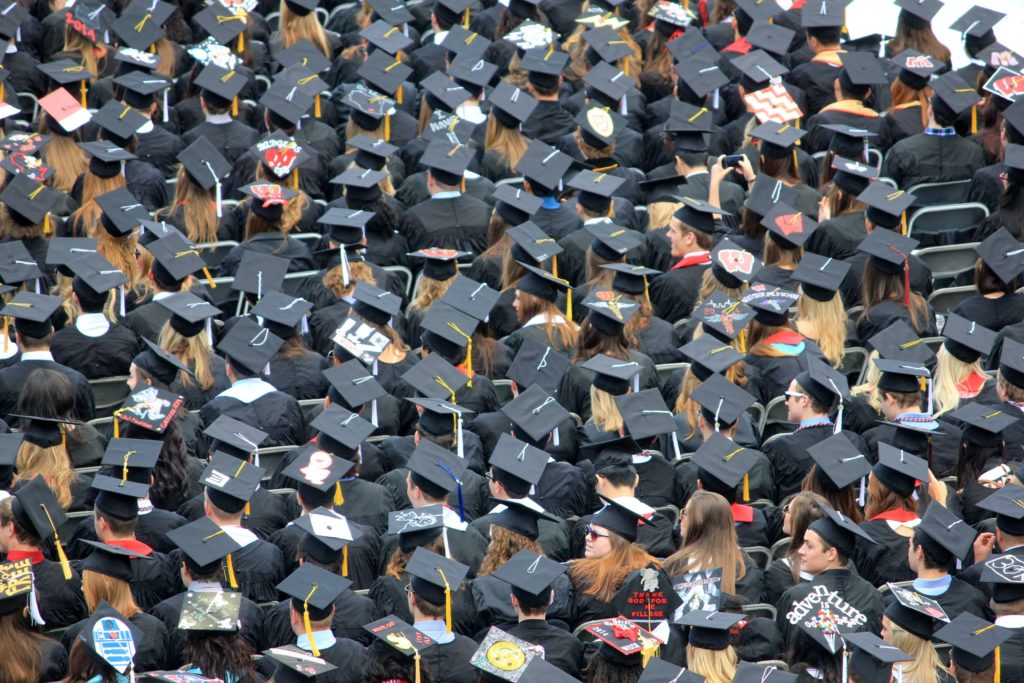Dr. Miguel Cardona used his first speech as the official nominee for Secretary of Education under the Biden Administration to address the anxieties experienced by America’s parents and educators throughout the pandemic.
“For our schools and far too many of our students,” Cardona said, “this year has piled on crisis after crisis. It’s taken some of our most painful, long-standing disparities and wrenched them open even wider. It’s taxed our teachers, our leaders, our school professionals, and staff who already pour so much of themselves into their work. It’s taxed families struggling to adapt to new routines as they balance the stress, pain, and loss that this year has given.”
But, then, with increased passion and heartbreak in his voice, he shifted towards addressing the pandemic’s effects on American students.
“[The pandemic] has taxed young adults trying to chase their dreams to advance their education beyond high school and carve out their place in the economy of tomorrow. And it has stolen time from our children.”
Cardona’s nomination was announced in a late-December press conference. Then President-elect Joe Biden, serving as Cardona’s opening act, made it clear that creating equal opportunities for students of all different cultural and economic backgrounds was a priority for the administration, second only to safely reopening schools.
“Dr. Cardona has a proven track record as an innovative leader who will fight for all students and for a better, fairer, more successful education system,” Biden said.
“He will also strive to eliminate long-standing inequities and close racial and socioeconomic opportunity gaps – and expand access to community colleges, training, and public four-year colleges and universities to improve student success and grow a stronger, more prosperous, and more inclusive middle class.”
Even before his time as Connecticut’s first Latino commissioner of education, Cardona’s focus has always been on the well-being of the student. Cardona, who spoke Spanish as his first language and struggled to learn English upon entering kindergarten, grew up in Meriden, Connecticut. After writing his doctoral thesis about how to sharpen the focus of educational leaders on lessening achievement disparities between English-Language-Learner and native English speakers and earning four post-graduate degrees from the University of Connecticut, Cardona took his equity-for-all approach to the classroom.
“What is most encouraging about Cardona is that he has also worked in urban schools, which we know are those schools that serve predominantly Black and brown children and are oftentimes the most neglected schools in our nation,” said Nathaniel Bryan, an assistant professor of teacher education at Miami University. “I hope Cardona draws on his urban teaching and administrative experience to inform educational policies.”
After Cardona’s first 100 days in office, students will feel the effects of his early plans almost immediately. Cardona has been a strong advocate for reopening the majority of public schools across the country – a controversial idea that President Biden has championed as a priority in his first 100 days in office.
“Closing schools alone would not reduce the mitigation strategies, would not reduce the transmission risk in other places,” Cardona said during a November interview. “In school, we know that students have their mitigation strategies, like distancing and facial coverings. There’s no way to ensure that’s happening outside of school when they’re not with us… What we’re learning… it’s families in already challenged communities, that are under-resourced, that need more support.”
As Connecticut’s education commissioner throughout the COVID-19 pandemic, Cardona orchestrated the return of about one-third of Connecticut’s public school students to in-person learning. His administration issued resource packages for district leaders to reopen safely and used federal pandemic aid to buy masks, plexiglass, and other protective equipment. Additionally, he also allocated federal funds to purchase laptops and internet access so that every student could learn from home. Cardona, concerned that the pandemic will continue to widen the educational achievement gap between students of color and their white classmates while leaving English-language learners behind, believes that schools must reopen as soon as possible.
Despite attracting controversy with his approach to reopening public schools, Cardona is still enveloped in high praise and higher promises from educational and political leaders nationwide. Furthermore, Cardona’s confirmation has allowed him to become just the second Puerto Rican and the third Latino secretary of education. However, if his career has proved anything, Cardona will go beyond labels and advocate equity for every student, no matter their background – even as a deadly virus exacerbates the inequalities within American public education.
“Though we are beginning to see the light at the end of the tunnel,” Cardona said, “we also know that this crisis is ongoing, that we will carry its impacts for years to come, and that the problems and inequities that have plagued our educational system since long before COVID will still be with us even after the virus is gone.”

Born in New York City and now a frequent visitor, Liv moved to Miami at a young age and is a student at Ransom Everglades School where she is a member of the Speech & Debate and Academic teams. Liv is fifteen years old and most passionate about politics and innovation in education systems. An aspiring political analyst, in Fall 2020, Liv is launching Phos, a YouTube series for high school students that shines a light on and dissects recurring issues in the news and current events from multiple perspectives. She is thrilled to contribute to Gen Z Identity Lab to help share diverse points of view that move peer conversations from thoughts to actions to change.


